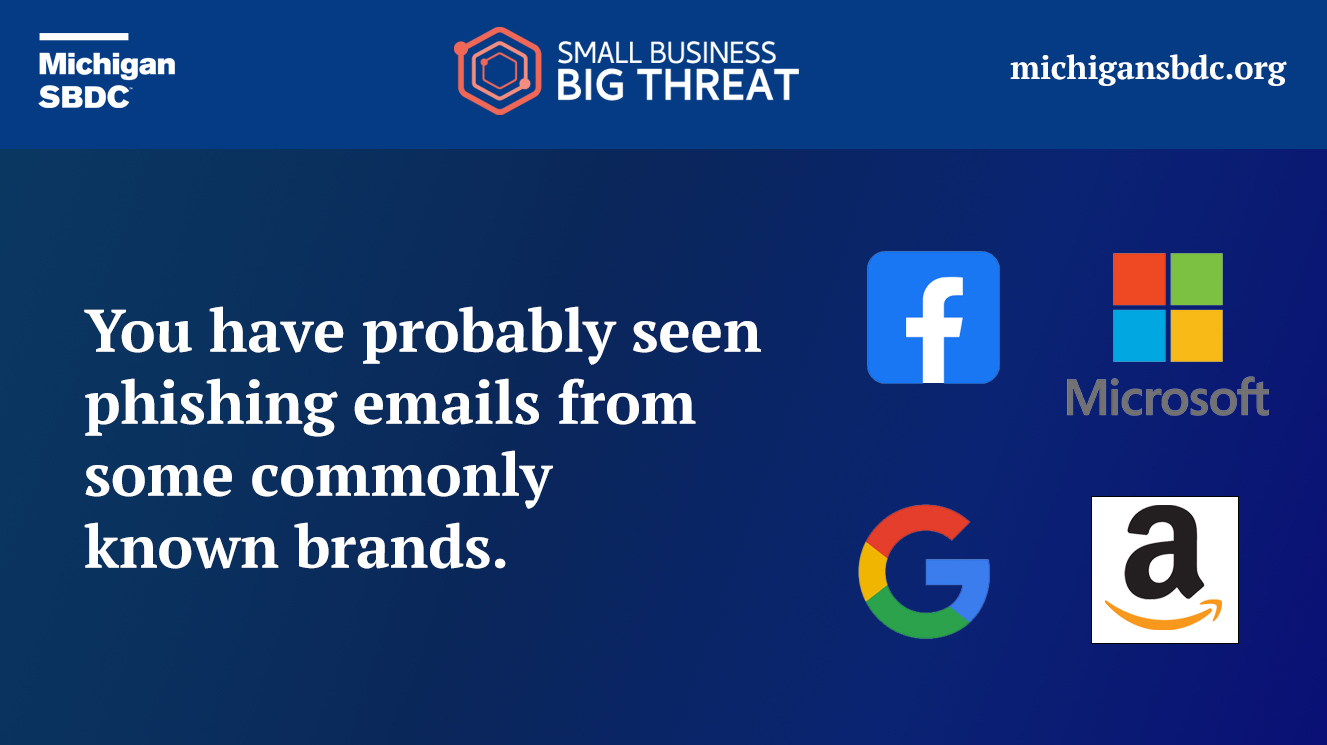 Looking at your email inbox you have probably seen phishing emails from some commonly known brands. This is a very common practice, extremely common actually. The reason is the more common the brand the more likely you might interact with the phishing email. So what are the most common brands used?
Looking at your email inbox you have probably seen phishing emails from some commonly known brands. This is a very common practice, extremely common actually. The reason is the more common the brand the more likely you might interact with the phishing email. So what are the most common brands used?
Most common brands
Abnormal Security, an email security provider, recently wrote a blog highlighting the most commonly used brand names used in phishing attacks that their services identified and protected their customers from.
Their top ten most used brands is not too surprising at all. Brands such as Facebook, Microsoft, Google, and Amazon all appear in the top ten. The top ten also fall into the following industries:
- Technology
- Finance
- Social Media
- Shipping
- Retail
From my experience in cybersecurity, the top 10 all seem really familiar. I can say I have seen at least one phishing email from each one.
Why this is important
You may be asking yourself why it matters knowing the most commonly used brands in phishing emails. The answer is really about awareness and training. Understanding the methods cyberattackers are using is critical in protecting your small business from these threats. So it is important to know who they may pretend to be when phishing your business.
Now that you know who the cybercriminals are impersonating, you can take that information and train your employees on it. Inform them of the types of emails they may expect to see from phishers.Now you have trained your staff and yourself to be on the lookout for the most commonly used brands with phishing emails. To victory!
Knowledge is power
Cliché you say? Well okay, it is pretty cliché. Knowledge is power though. Knowing some of the tricks, like the commonly known brands in phishing emails, that cybercriminals use to make you fall victim to phishing attacks can help minimize the chance you or your staff clicks on those malicious emails. This will minimize the chances of losing data, finances, or more to a cyberattack.
For more information on small business cybersecurity resources, check out Small Business, Big Threat!